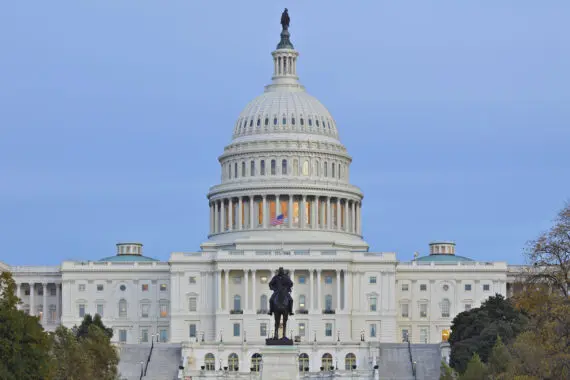Washington, D.C. – Bread for the World today released the following statement regarding the ‘phase three’ COVID-19 economic stimulus package now being considered by Congress. The statement can be attributed to Rev. David Beckmann, president of Bread for the World:
“Bread for the World urges Congress not to shortchange low-income families in the reported $1 trillion ‘phase three’ COVID-19 economic stimulus package. These families are likely to suffer the greatest health and economic impacts from COVID-19. Any stimulus package must ensure that all families, and especially the most vulnerable, receive the support they need.
“The proposal currently supported by the Administration and Senator McConnell would result in less cash assistance to families in poverty than to the rest of the population. We should instead give more help to people who will be hardest hit by this crisis. Economic studies show that assistance to low-income people gets spent and helps to stimulate the economy especially quickly.”



